Municipalities want bigger say in Swiss laws
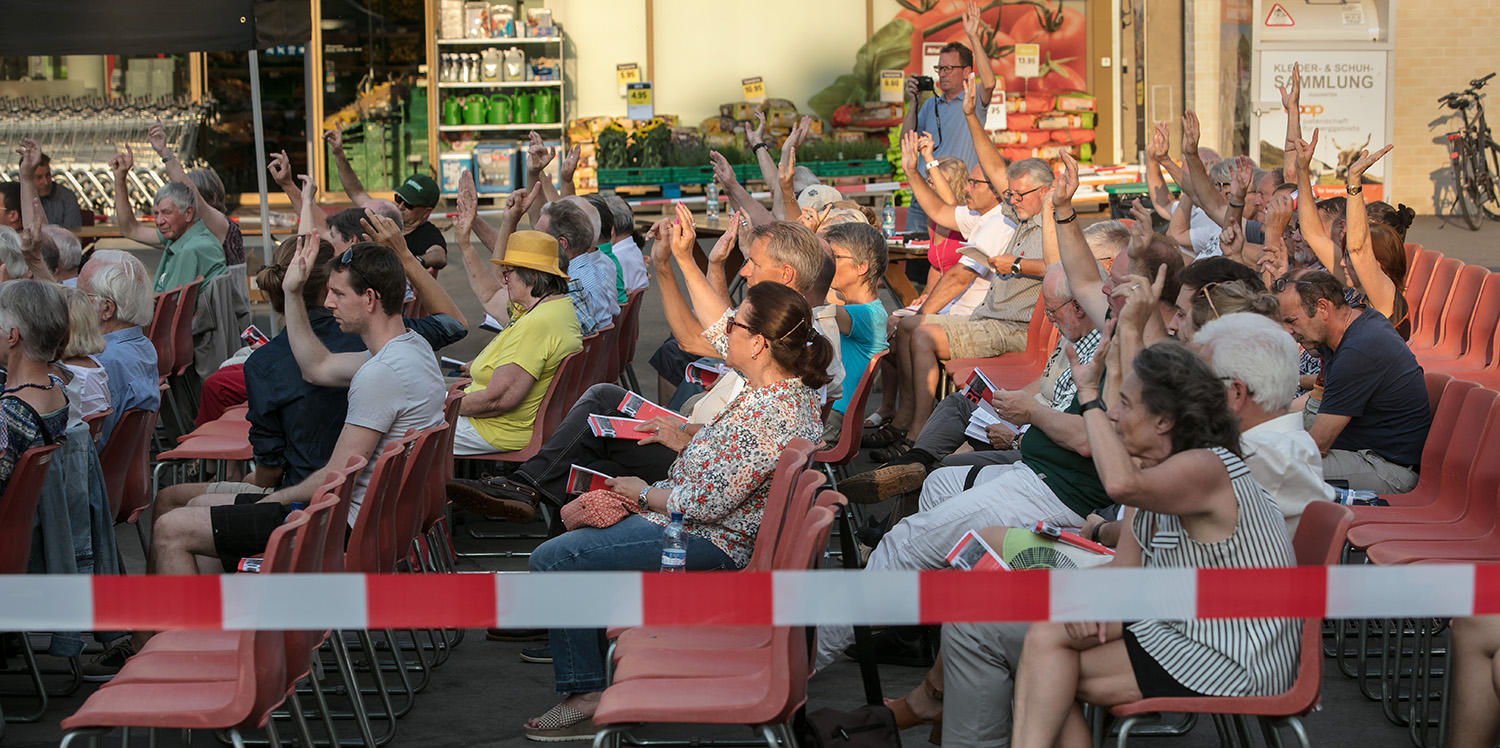
No other country in the world grants more participatory rights in its democracy system than Switzerland. But a proposal for a veto of the municipalities stands little chance of winning support in parliament.
Switzerland is the world champion in direct democracy with more than 600 nationwide votes over the past 170 years.
It’s sometimes forgotten that the right to participate in the legislative process and to take part in up to four nationwide ballots a year had to be won in tough political battles during the 19th century.
Now, a proposal to give the cities, towns and villages – not only the cantons or citizens – the right to raise their voices was recently presented by the umbrella associationExternal link representing most of the 2,222 Swiss municipalities.
They are calling for the introduction of a new veto nationwide: if at least a total of 200 municipalities from 15 cantons (out of a total of 26) are opposed to a law adopted by parliament, Swiss voters would have the final say on the issue at stake.
The organisation argues that the municipalities have lost ground against the cantons and the national authorities over past decades.
Local authorities lose out
In fact, many municipalities – the local level in the three-tier system – are struggling to survive.

More
The citizens’ meeting
External linkFirst, the local authorities are faced with increasingly complex issues. As a result, they come under financial pressure. In addition, many municipalities are at pains to find volunteers willing to take over political mandates, and turnout in local votes has been in steady decline for 30 years.
The mix of the growing complexity combined with the lack of volunteers has taken its toll. The number of municipalities dropped by about 25% over the past 30 years. Nearly 800 municipalities have disappeared and merged with other local authorities.
This text is part of #DearDemocracy a platform on direct democracy issues, by swissinfo.ch.
What’s more, experts see no end to the dramatic power shift from the local to the cantonal and national levels.
The municipalities are often left to simply apply new regulations decided by the federal and cantonal authorities. A case in point is welfare payments. Municipalities have all but lost their autonomy in financial matters, despite a clause in the Swiss constitution.
The idea of a municipal veto did not go down well with a parliamentary committee of the House of Representatives. Its sister committee in the Senate is likely to be less averse to the proposal as it traditionally has more understanding for the concerns of cantons and municipalities.
Nevertheless, experts are not very confident that the proposal will get far very quickly in the legislative process.
The municipal authorities might take some comfort in the fact that they are likely to share the experiences of the promoters of the referendum right (a veto by citizens and organisations) and the people’s initiative.
It took more than 26 years and 43 years respectively before these participatory tools of direct democracy were introduced after the foundation of modern-day Switzerland in 1848.
Adapted from German/urs

In compliance with the JTI standards
More: SWI swissinfo.ch certified by the Journalism Trust Initiative

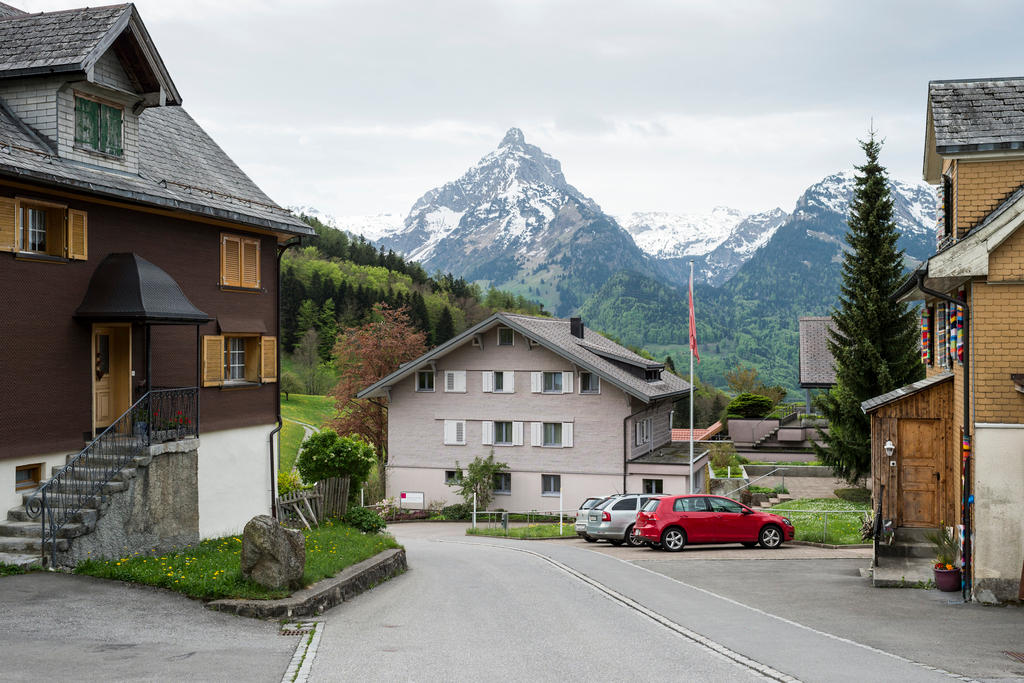
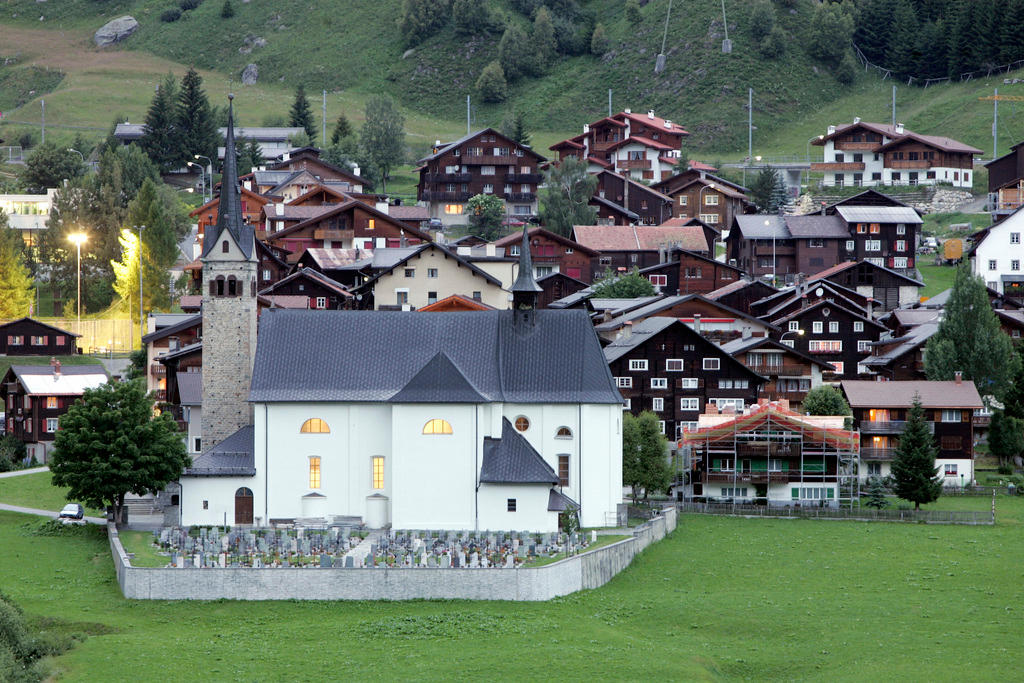
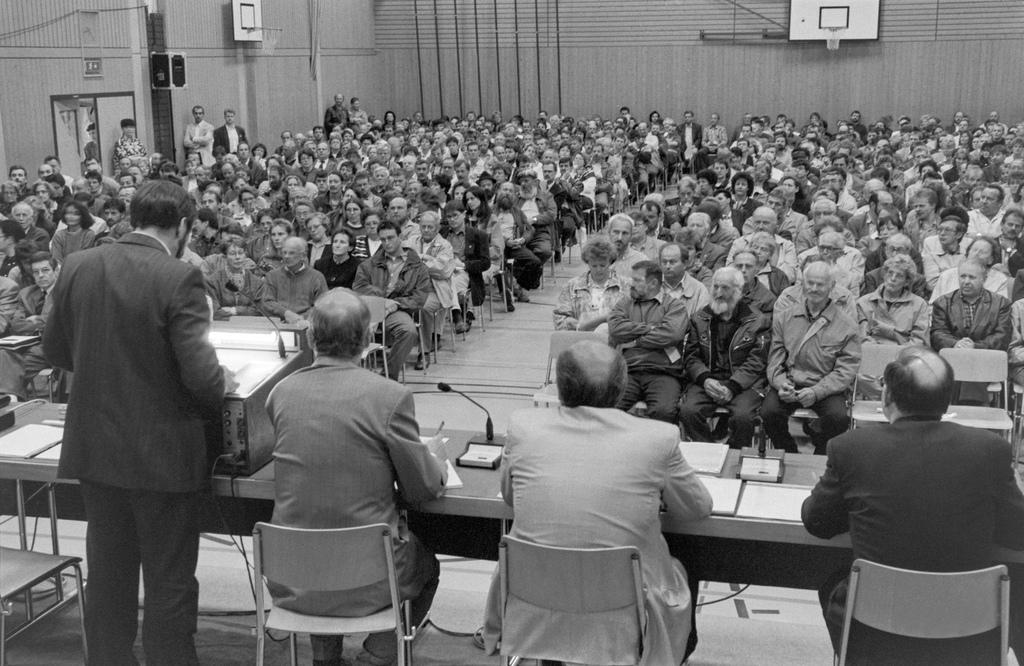
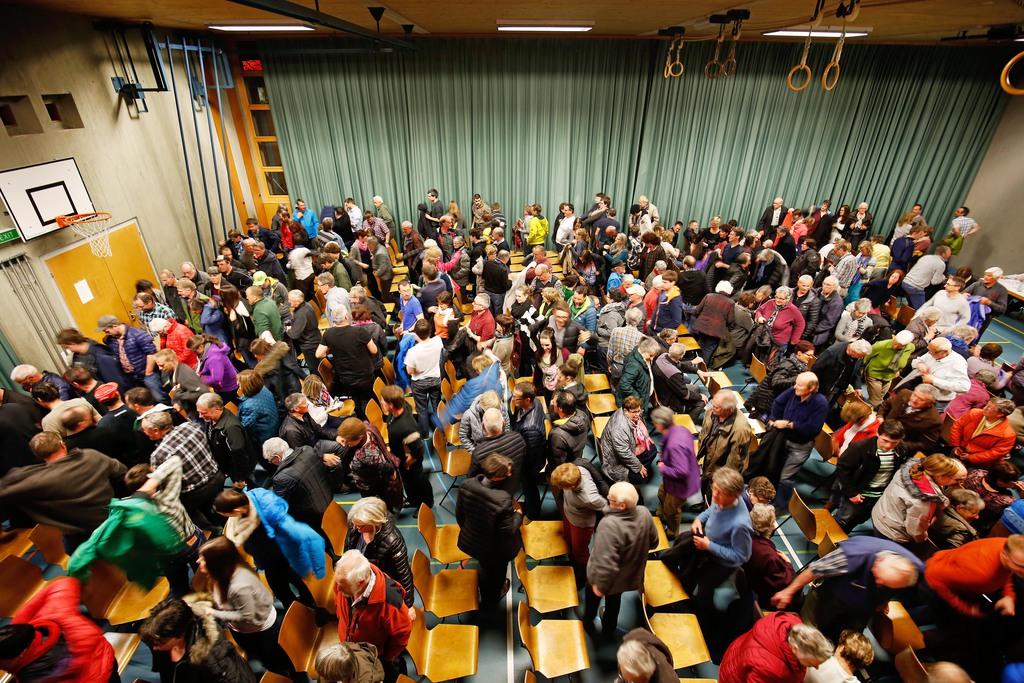
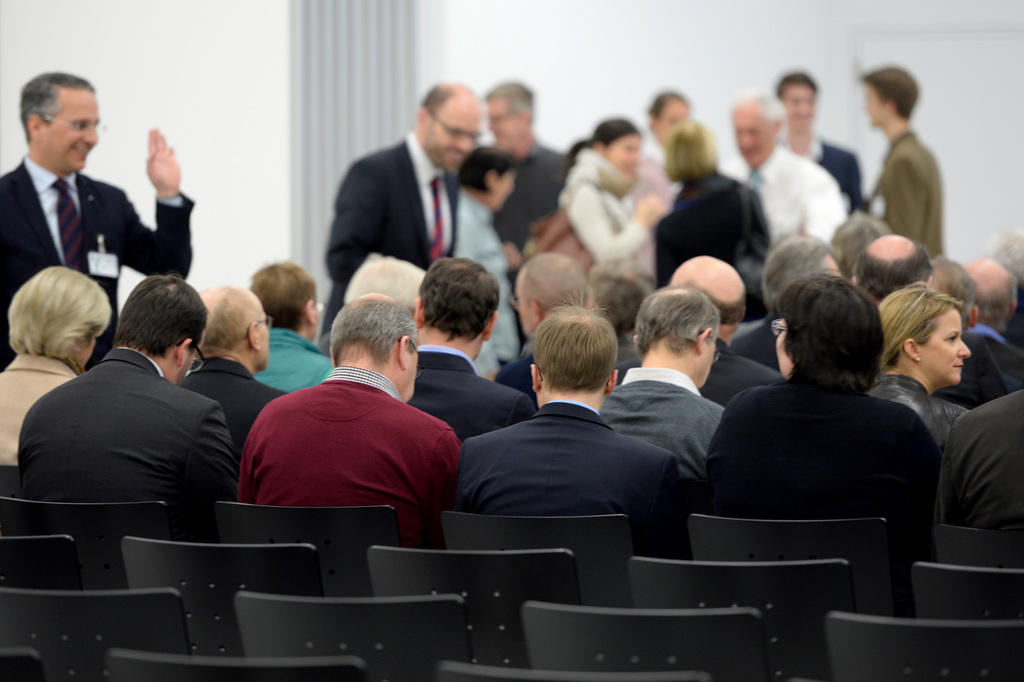
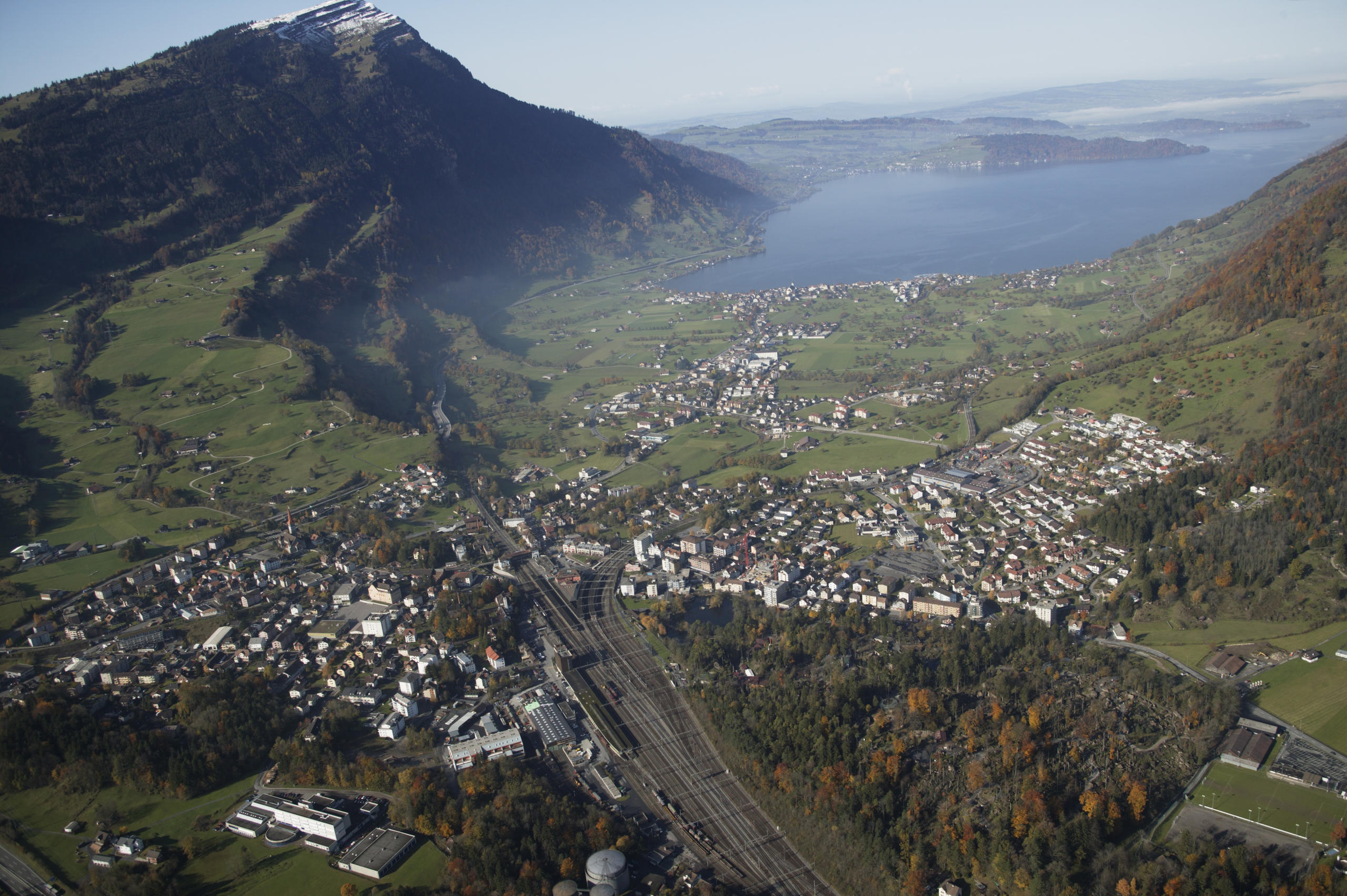
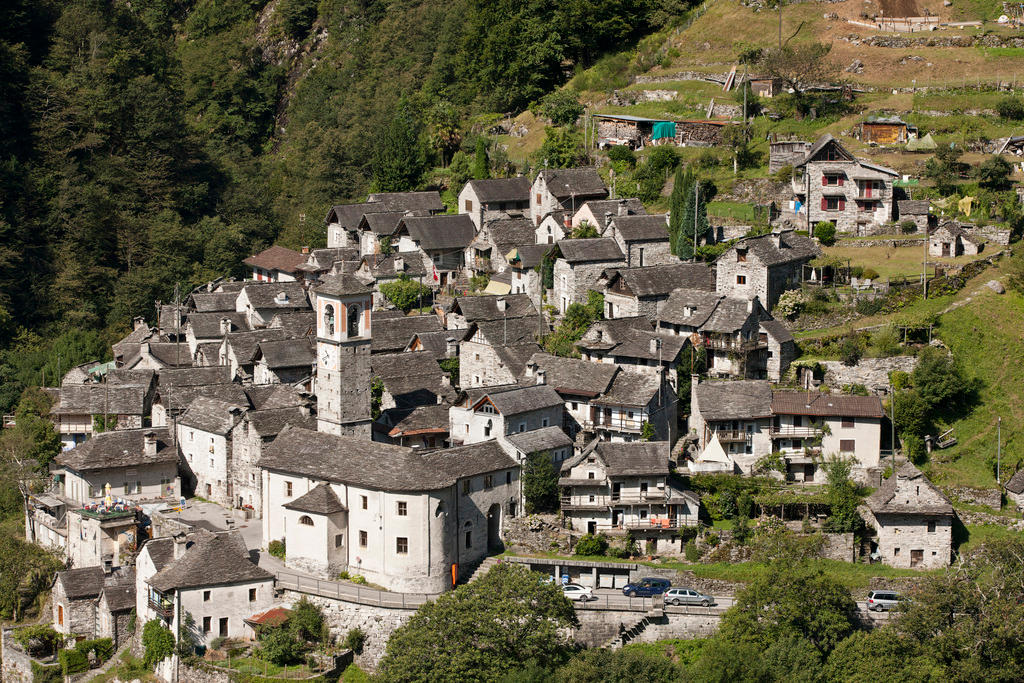

You can find an overview of ongoing debates with our journalists here. Please join us!
If you want to start a conversation about a topic raised in this article or want to report factual errors, email us at english@swissinfo.ch.